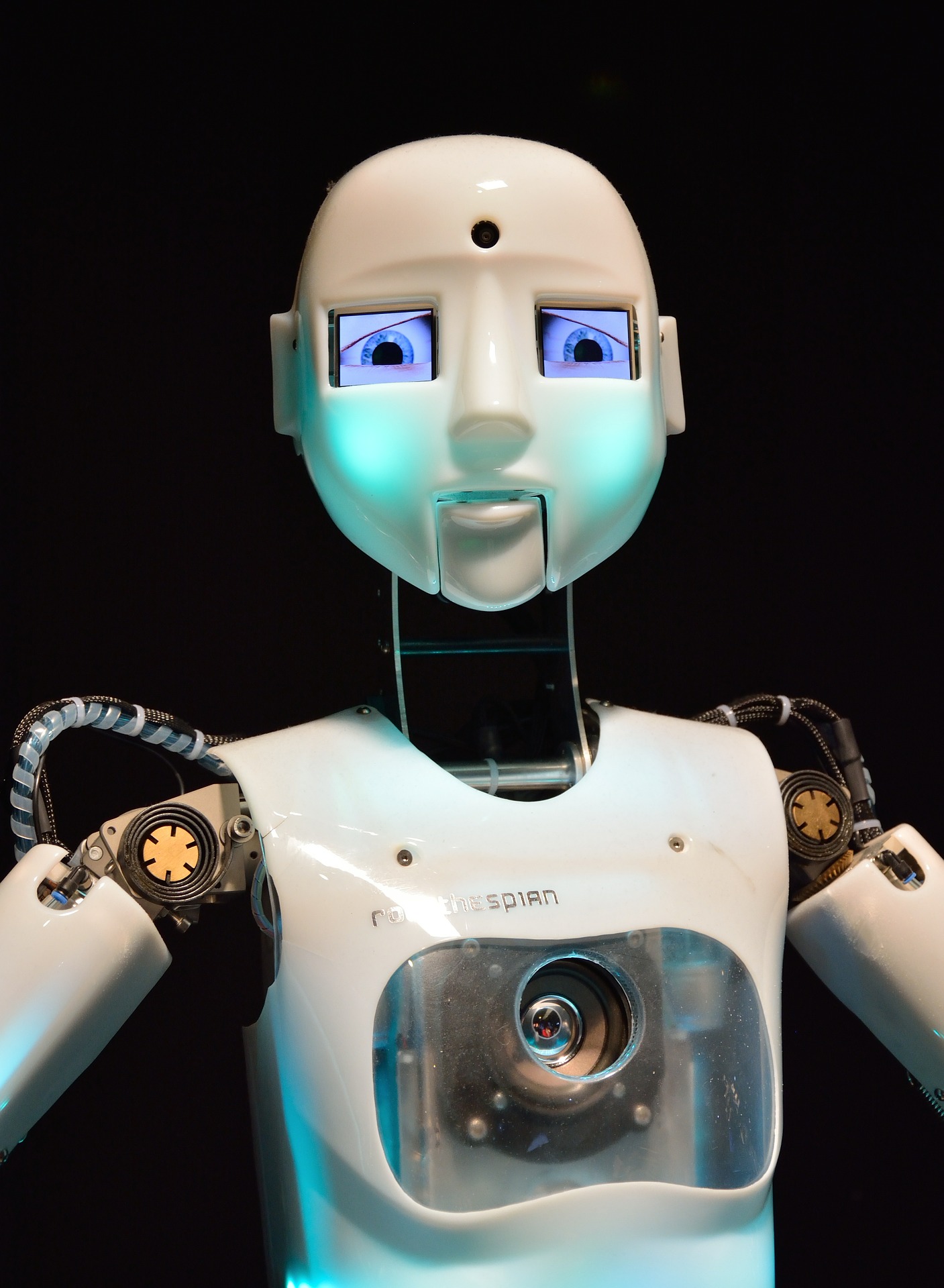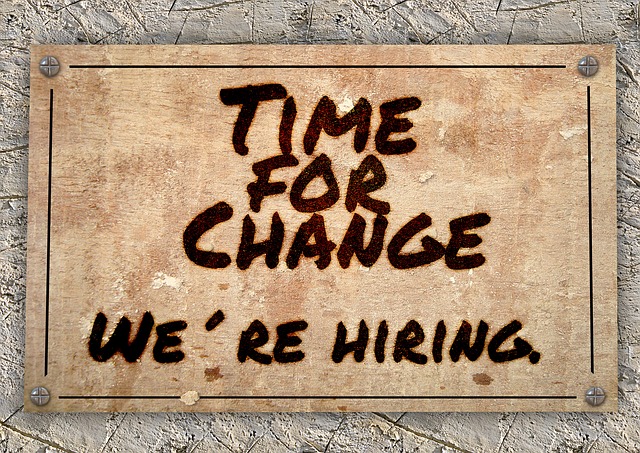Humanitize me!
We are studying “outcome-based learning”, in part by examining the Bologna process. Since I usually nod off or get antsy trying to read dry, factual stuff – I learn facts better by listening – I’ve fed it through a text-to-speech program. It’s functional, though like most robotic voices, has some issues.
“Bologna” is not pronounced “bo-LOHN-ya” as it should be, but “bo-LOHN-ee”, like the sandwich meat. So when we get to phrases like “Implementing Bologna in your institution” it turns hilarious.
I see the above (robot voice, not the robot picture) as an issue that fits well within the purview of digital humanities. The message I’m getting from class, Twitter (#digitalhumanities), and job searches in the field, however, is that the majority of DH work centres around digitising and indexing historical documents. While I enjoy using the tools to quickly satisfy my curiosity on particular subjects, I have no interest in creating them. Despite a very broad and flexible definition of the term, I feel I’m dancing around the fringe.
I’m more interested in participating in the current rising awareness of media representation in the areas of feminism, culture, and privilege. The part of digital humanities that fits with my goal, “Humanistic scholarship enabled by digital methods and tools”, seems clear to me. Social studies sometimes fall under science, rather than humanities, but since the medium I’ll be focusing on first, film (specifically, filmmaking and film production), falls under art, DH is still a reasonable vehicle.
Besides networking, one of the things that Twitter is brilliant for is bookmarking resources. I already had a few in mind, but I’m finding more links to statistical data and research, as well as projects that give me hope for humanity. Since you asked, Dear Reader, yes, I will share some of my discoveries here. I was thinking this space might be a good spot for a weekly column along the lines of, “This Week in Digital Humanities!” Since the scope of my interest is a bit off centre, however, I’d have to change it to, “This Week in What Katrina Finds Interesting That Is Sort of Related to Digital Humanities!” Alas, not really sound bite material.
Here then, without further ado, are some links pertaining to related areas of digital humanities(-ish) research:
- Geena Davis Institute on Gender in Media
- The Fun Theory
- A Mighty Girl
- Fanboys, White Knights, and the Hairball of Online Misogyny
- Tribeca Film Institute Sandbox
- GenderAvenger
- The Representation Project
- Women’s Media Center
All right. That’s a good starter pack. There’s plenty more, so let’s continue this conversation later, shall we?




Thank you for sharing this stuff. I am very interested in gender studies too… Maybe you can find this blog a pleasant reading; it is a kind of an online magazine written by Italian girls, but there is a (partial) English version as well: https://softrevolutionzine.org
Hi, Claudia. Are you working on a project that involves feminist themes?
Unfortunately, the link isn’t working for me. …ah, wait – had to change it to http. Great! Just shared it with some Neapolitan friends on Facebook.
You don’t happen to know where I can watch an English subtitled / dubbed version of that film made about women in Italian media, do you? I think it was called Il Corpo della Donna, but I’m not sure. I’ve been curious about it for a while now, but also a bit afraid to watch it as I think it will be quite upsetting.
Also, and you may see this in future blog posts, I think the language describing females needs to change. Have you ever noticed the tendency to refer to women as “girls”, while men remain “men”? Infantilising women is demeaning and dismissive. It’s something that’s really worked its way into deep into our culture, very insidious. Many outspoken feminists do it without even realising. I think Corkonians get a bit of a pass on it, though, since grandmothers refer to each other as girls, and grandfathers refer to each other as boys around here. ;)